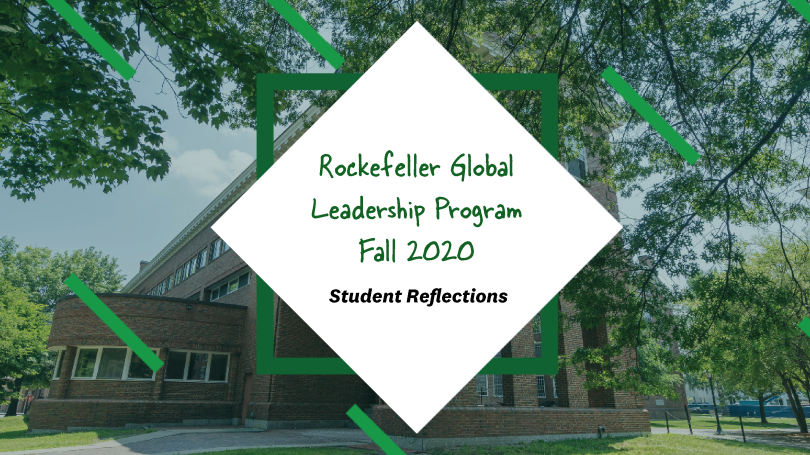
- Public Policy
- Leadership
- Funding
- News & Events
- About the Center
Back to Top Nav
Back to Top Nav
Back to Top Nav
Back to Top Nav
Cross-cultural experiences can teach us as students, activists, and thinkers to better tolerate ambiguity in a multitude of ways. Firstly, we become more accustomed to cultural ambiguity the more we are exposed to a wide swath of cultures, particularly ones that do not complement our own lived experiences. Through this repeated process of encountering new cultures and working through ambiguity, we can begin to understand that cultural knowledge entails a long process of patient learning and adaptation. No culture can be summed up in a sentence, much less in an entire novel. By committing our life's work to understanding cultures and remaining curious about cultural perspectives outside of our own, we become more attuned with issues and ideas that are outside of our own neck of the woods.
This is obviously a pertinent skill to have within the workplace, but there is no need to confine this skills to career-based choices and working under a capitalist system; rather, the interpersonal skills that one can achieve from ambiguity tolerance are the most important, coveted, and meaningful usages. By learning how to work through differences in communicative styles, lived experiences, privileges, and geographies, we become more attuned to the worlds and communities around us. Instead of shying away from issues that don't involve our cultural norms, we can better respond to world events and instances of oppression on a global scale. We don't need to know all the answers to be advocates. Quite the opposite: we are the best advocates and allies possible when we are good listeners, when we work hard to understand other people, and when we take a deep dive into someone else's culture, language, and routines to get a candid look into life from their own shoes.
Drawing from my own lived experiences, it feels important to merge the focus of intercultural discourse with my own privileges. I have immense privilege as a student attending Dartmouth, and when in Hanover, it is all too easy to lose sight of these privileges. However, as Dartmouth students, we must be diligent in advocating for people outside of our bubble of wealth and privilege, extending allyship and coalition-building with people of all socioeconomic classes, genders, sexualities, races, and ability level in our communities and beyond.